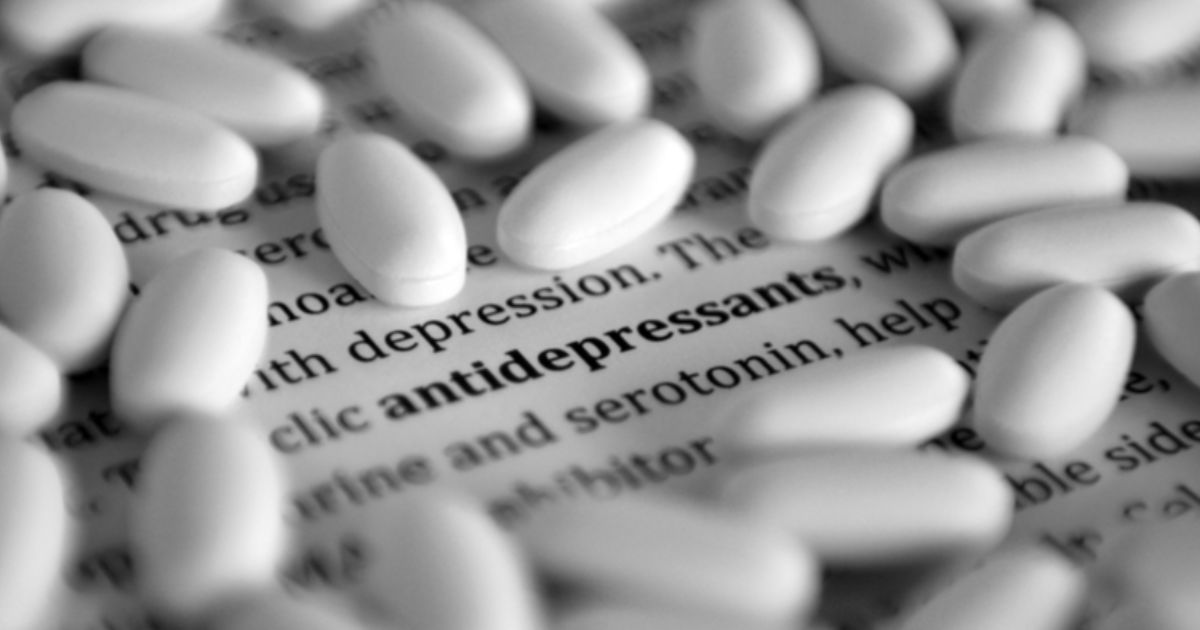How Is Sluggish Cognitive Tempo Treated?
Sluggish cognitive tempo (SCT) is a relatively newly-recognized condition. It's an attention disorder that can overlap with attention deficit hyperactivity disorder (ADHD), though the symptoms and effect on the brain have certain distinctions from ADHD. Individuals with sluggish cognitive tempo tend to daydream excessively, experience 'brain fog' and fatigue, have sluggish physical movements, struggle to remember information, struggle to stay alert in uninteresting situations, have trouble following conversations, process information slowly and become easily confused, and act withdrawn or apathetic.
There are multiple treatments available for sluggish cognitive tempo. Some treatments are the same as those used for ADHD, while others address the more unique symptoms of the disorder. Learn about them now.
Antidepressants

Sluggish cognitive tempo often occurs alongside depression and anxiety. These disorders feed into each other, each causing the other's symptoms to worsen. Depression leads to lethargy, withdrawal from social activities, feelings of apathy, and feelings of fatigue and sluggishness. Anxiety, on the other hand, inhibits processing and can have a detrimental effect on memory. Sluggish cognitive tempo patients, especially children, often experience anxiety and depression because of their struggles to keep up with their peers. Their social relationships may suffer, and they may not perform as well in school or at work as they want. Antidepressants can be used to treat comorbid depression, and some treat symptoms of generalized anxiety. A doctor might also prescribe specific anti-anxiety medications for anxiety symptoms.
Read more about how to treat sluggish cognitive tempo now.